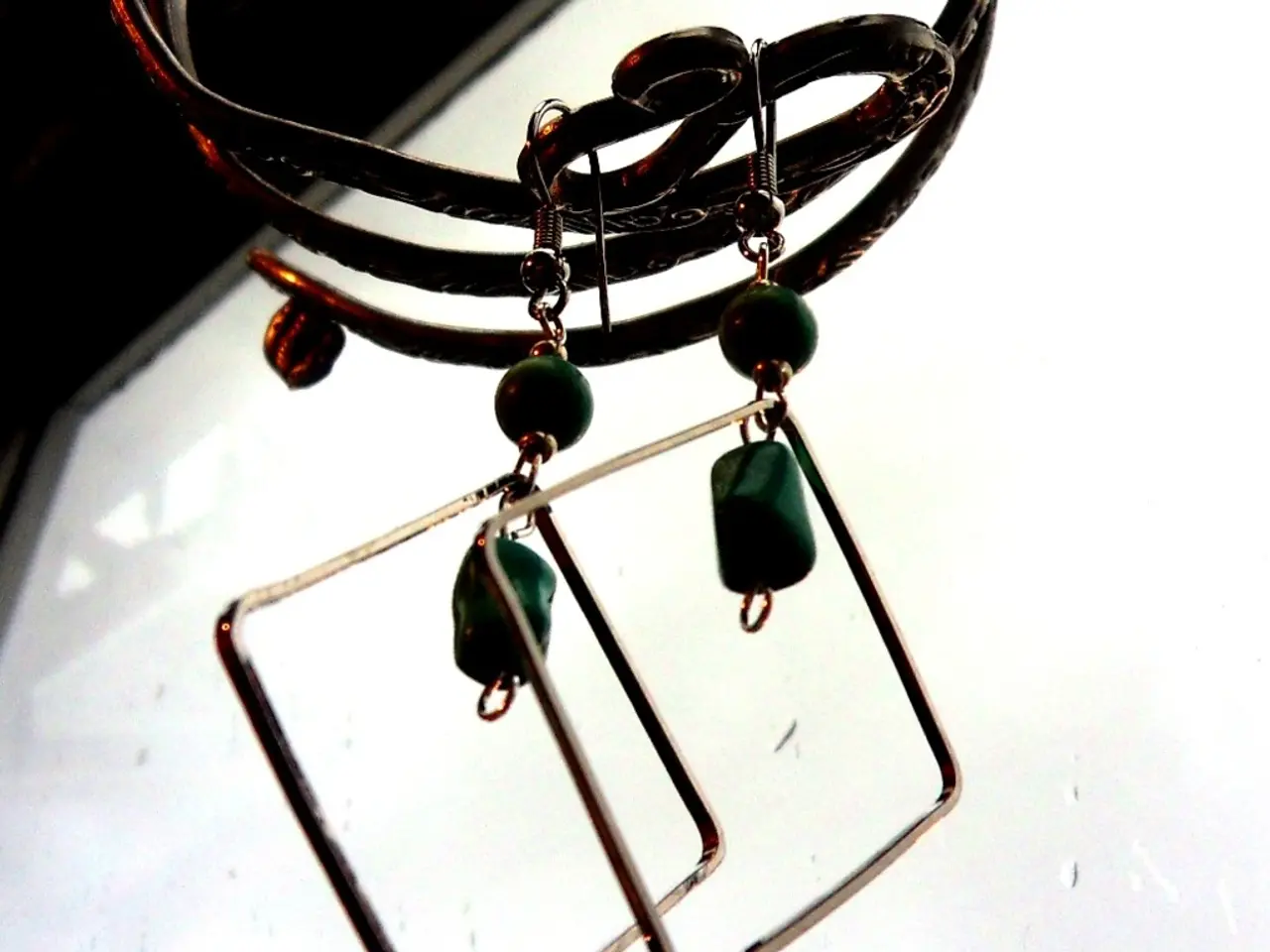Sensorineural Hearing Loss Affects Over 90% of Adults, Caused by Noise, Genes, and Aging
Sensorineural hearing loss (SNHL), affecting over 90% of adults, occurs when there's damage to the inner ear or auditory nerve. This type of hearing loss can be caused by various factors, including loud noises, genetics, and aging. It's a serious condition that can lead to various challenges in daily life.
SNHL can range from mild to severe, with mild loss measured at 26 to 40 decibels, moderate at 41 to 55 decibels, and severe at over 71 decibels. It can cause difficulties hearing in noisy environments, understanding high-pitched sounds, and experiencing tinnitus. Sudden onset of SNHL, affecting around 40 people per 100,000 annually, is a medical emergency.
Exposure to loud noises over 85 decibels is a common cause of SNHL. Prolonged use of headphones or earbuds at high volumes has been linked to the increasing trend of SNHL among young adults. Other causes include genetic factors and the natural aging process.
SNHL can significantly impact daily life, making it crucial to seek medical attention if symptoms appear. Prevention, such as protecting ears from loud noises and regular hearing checks, can help manage and potentially prevent this common type of hearing loss.
Read also:
- Abu Dhabi initiative for comprehensive genetic screening, aiming to diagnose over 800 conditions and enhance the health of future generations in the UAE.
- Elderly shingles: Recognizing symptoms, potential problems, and available treatments
- Protecting Your Auditory Health: 6 Strategies to Minimize Noise Damage
- Exploring the Reasons, Purposes, and Enigmas of Hiccups: Delving into Their Origins, Roles, and Unsolved Aspects





